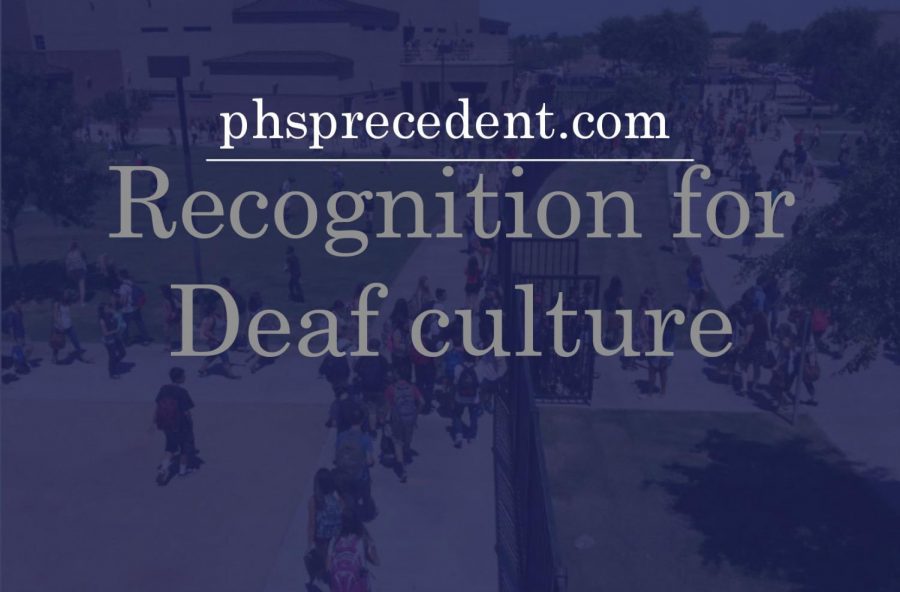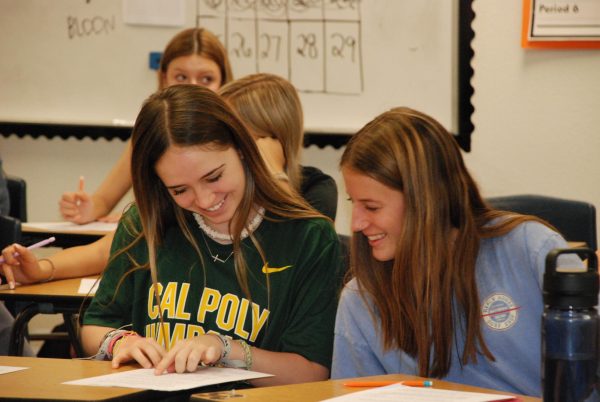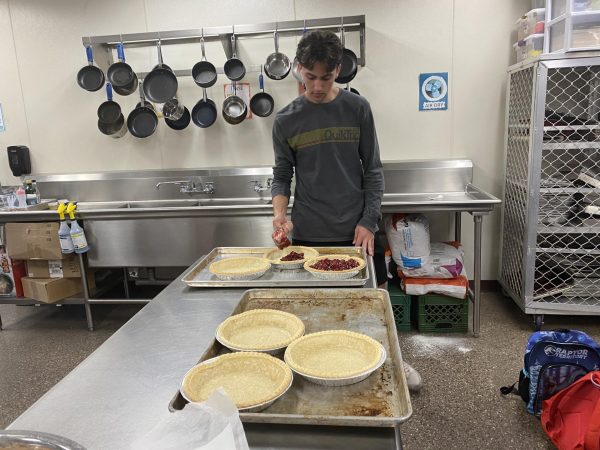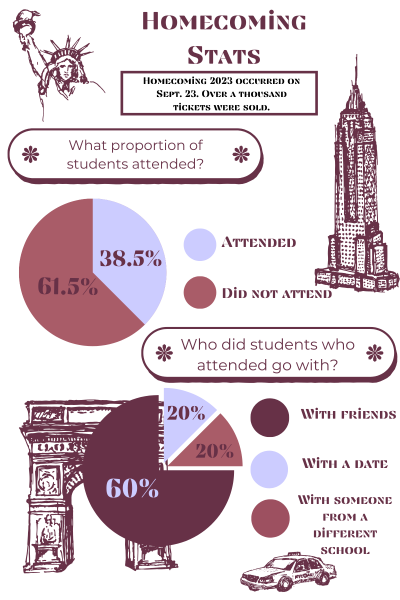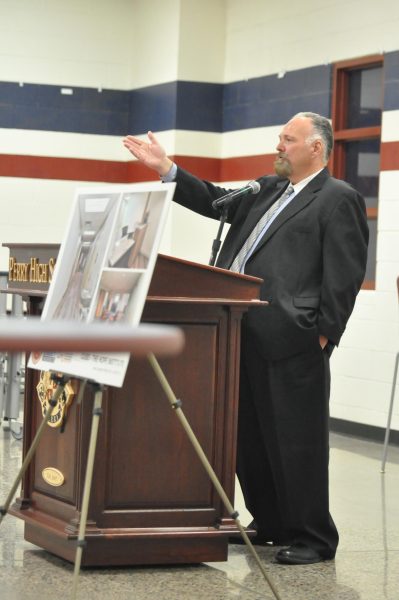Recognition for Deaf Cultures
The world is culturally vast with diverse customs to individuals around society. With a high population on campus, there are several clubs dedicated to bringing awareness to the distinct cultures on school grounds. One of them being the American Sign Language (ASL) and Deaf Culture Club.
One of the rising debates has been identifying whether ASL and the Deaf community as a culture on their own. “American Sign Language is an independent language and language is tied to culture,” club sponsor and ASL teacher Angela Van Tongeren mentions. As what defines a culture are the customs, arts, and social institutions, and achievements of a particular nation, people, or social groups. Van Tongeren clearly expressing that the Deaf fully applies to this definition.
“Of course, the Deaf are a cultural minority, not only do they have their own language that takes just as much time and effort to learn as any spoken language, but they also have behavioral norms that are very different from other cultures,” Van Tongeren continues. As she stresses the importance for people to recognize ASL in of itself as a language in contrast to viewing individuals with a disability.
“I personally believe that people in general should think of Deaf people as more of a culture than a disability.” senior and ASL student Zach Dellner replies. ASL is a language with history and customs that the community wishes to advocate and demonstrate to individuals on the importance of recognizing ASL as a culture.
“People who don’t know anything about the Deaf and (ASL) tend to think that deafness is a handicap, but Deaf people identify as Deaf and they do not want to take a magic pill and become hearing,” Van Tongeren conveys. She wishes for individuals to communicate and understand that the Deaf community has more background history to them that not everyone should assume.
“There’s passion to it [ASL and Deaf Culture Club] as there are a lot of people who collectively want to meet up together and talk,” Serrano voices when asked about the Deaf community.
The club has a passion in representing a culture to others and showing another minority group to people that can also appreciate the history and customs that the culture in of itself has to offer.
The school has a wider variety of clubs that celebrate distinct cultures, such as Asian Culture club, or the African American Culture club, so why is the Deaf a question?
In fact, ASL is not accepted as certain forms of foreign language at certain colleges that guides others to take a different class as it is not accepted.
Learning about ASL and the Deaf and being immersed into a new history is learning a new culture. However, ASL and the Deaf community have more than what individuals think that demonstrates that it is a culture within their own community and outreaches to others as well.
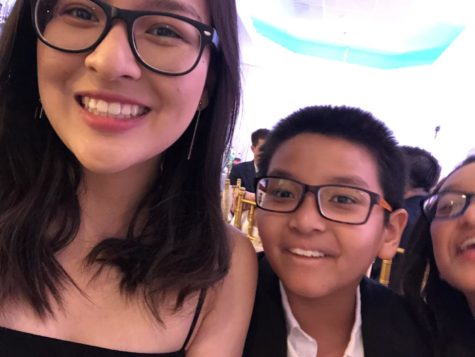
Vivian is a senior and is in her second year of newspaper. This year she is the Arts & Entertainment Editor and will strive to make the issues this...

